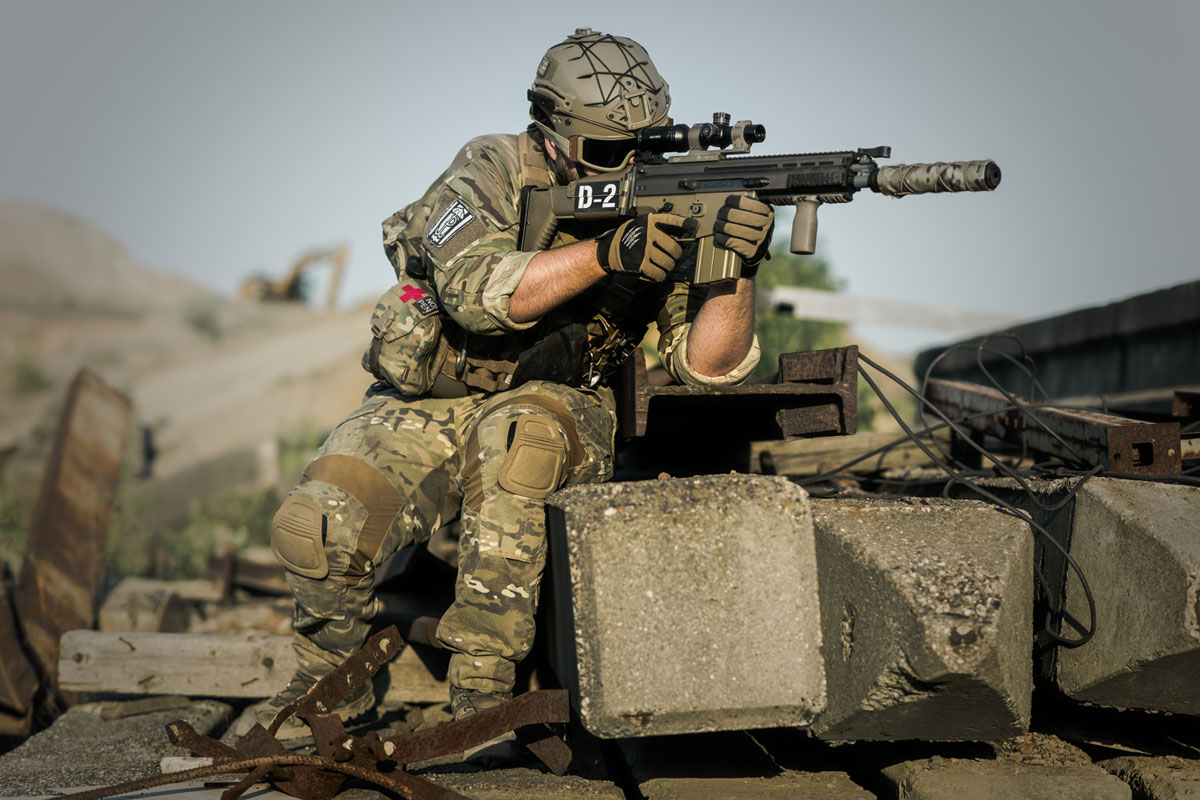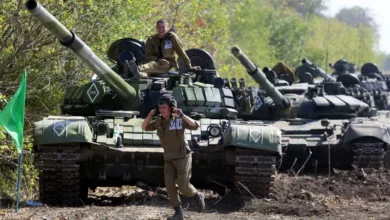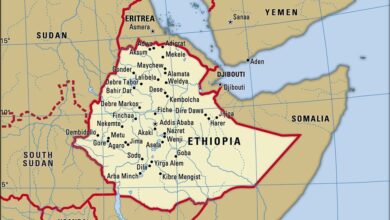
HOW IRAN WON THE U.S. WAR IN IRAQ
A trove of secret intelligence cables obtained by The Intercept reveals Tehran’s political gains in Iraq since the 2003 invasion.
IN JANUARY 2015, as Islamic State militants were waging an offensive across Iraq and Syria, an Iranian intelligence officer known among his colleagues by the code name Boroujerdi sat down for a meeting with an important official: then-Iraqi Prime Minister Haider al-Abadi.
The meeting, held at Abadi’s office in Iraq’s presidential palace in Baghdad, took place “without the presence of a secretary or a third person,” according to a report about the discussion contained in a leaked archive of cables from Iran’s shadowy Ministry of Intelligence and Security.
Abadi was a member of Iraq’s exiled political class, mostly Shia, who had returned to take power following the U.S. invasion. The two men discussed a range of topics, including the threat of ISIS to the Iraqi state, the role of foreign powers like Turkey and Saudi Arabia in the region, and, finally, the position of the West. On at least one point, they agreed: Despite the threat of ISIS and other regional powers, the political conditions wrought by the U.S. invasion of Iraq and removal of Saddam Hussein had created an opportunity for the Islamic Republic of Iran and its allied Iraqi elites to “take advantage of this situation,” according to the Ministry of Intelligence and Security report.
The war’s benefits to Iran were not solely political or security based either. Iraq is home to many sacred sites of Shia Islam, which, as the cables note, have opened up to Iranian tourism and influence. The documents in the Ministry of Intelligence and Security archive mostly provide individual reports of conversations and intelligence activities carried out by Iranian operatives inside Iraq. Yet overall, they depict Iran’s far-reaching political, security, and even cultural influence over Iraqi society in the vacuum left by the U.S. invasion.
THIS PICTURE OF Iranian ascendance is not only reflected in that country’s own intelligence documents. A massive two-volume study published in 2019 by the U.S. Army War College came to a similar conclusion, stating that “an emboldened and expansionist Iran appears to be the only victor” of the conflict. The study is the most comprehensive look yet at the costs and consequences of the war from a U.S. military perspective. Some of those costs are obvious and well known: Thousands of Americans were killed in combat after an ill-defined mission to find weapons of mass destruction devolved into a counterinsurgency campaign and civil war. But although most of the burden of the war was borne by the relatively small number of Americans who directly took part, the war had broader impacts on American society that continue to be felt today.
“The Iraq War has the potential to be one of the most consequential conflicts in American history. It shattered a long-standing political tradition against pre-emptive wars,” the War College authors wrote. “In the conflict’s immediate aftermath, the pendulum of American politics swung to the opposite pole with deep skepticism about foreign interventions.”
Iraqis themselves have suffered greatly from the war; millions have been killed, wounded, or displaced as a result of the invasion and the subsequent civil conflict. The emergence of the Sunni Islamist extremist group ISIS, which Iran’s intelligence documents discuss at length, was itself the product of the chaos of post-invasion Iraq, including abuses by rogue Iranian-backed militias. In the same 2015 conversation between Boroujerdi and former Prime Minister Abadi, the Iranian intelligence officer opined that “today, the Sunnis find themselves in the worst possible circumstances and have lost their self-confidence,” adding that they “are vagrants, their cities are destroyed, and an unclear future awaits them.”
The miserable condition of Iraqi Sunnis had worried others within Iran’s intelligence establishment, who warned that many Sunnis, reeling from massacres by Iraqi government security forces and militias, had been driven not merely to welcome ISIS, but also other Iranian enemies as well.
“The policies of Iran inside Iraq have given legitimacy for the Americans to return to Iraq,” one Iranian intelligence officer lamented. “People and parties who were fighting against America from the Sunni side now are wishing that not only America, but even Israel could come and rescue them from Iran.”
IN THE END, ISIS was destroyed as the result of a tacit coalition between the Iraqi government, the United States, Iran, and the Kurdish Peshmerga, which combined to fight the group and regain control of its territories. Today, Iran remains the most powerful outside player inside Iraq. Although it has achieved a goal longed for since the Iran-Iraq War of the 1980s — to wield power in Iraq and incorporate its Shia-majority areas into Iran’s sphere of influence — Iran’s victory has proven, in many ways, an unhappy one.
Despite relative peace following the defeat of ISIS, Iraq today remains a powder keg with widespread unemployment, environmental degradation, and poverty that its ruling elites, widely denounced by Iraqis as kleptocrats and puppets of foreign countries, have been unable or unwilling to address. Two decades after the first U.S. troops invaded Iraq, Iran is facing its own challenges with internal instability and the economic impact of a U.S.-led international sanctions campaign that has destroyed its economy.
Yet when it comes to the shadow war between Iran and the United States in Iraq, Iranian elites likely view themselves as having prevailed — at a steep price to themselves, Americans, and Iraqis alike.
How Iran Won the U.S. War in Iraq (theintercept.com)
19-3-2023




